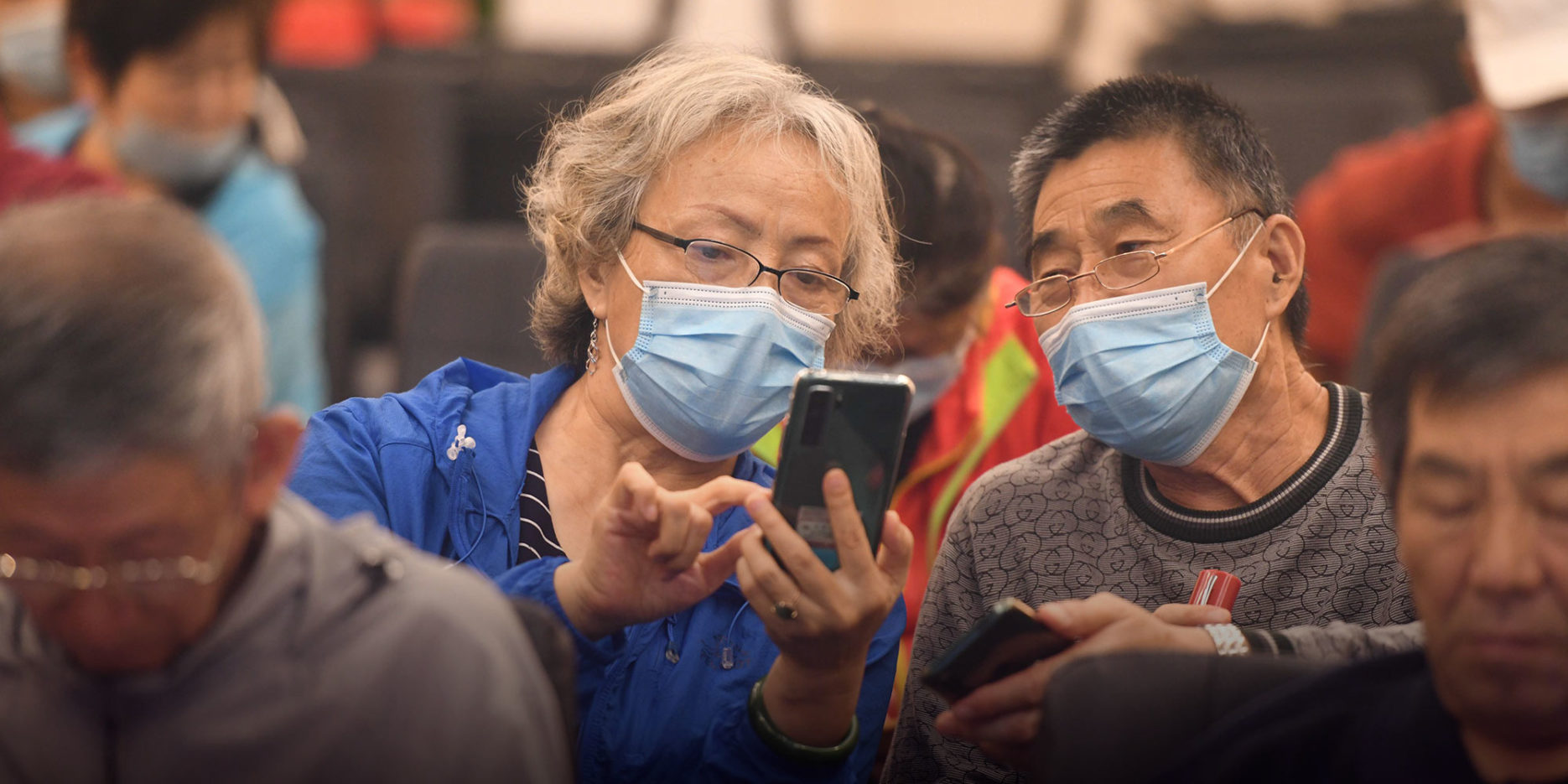On 20 January, Song Jian, deputy director of the Population and Development Research Centre of the Renmin University of China, commented that China is expected to lose its demographic dividend soon. According to the latest census released in 2021, people aged 60 and above in China has reached over 260 million, and those aged 65 and above account for 13.5% of the entire population, higher than the world’s average level of 9.3%.
China’s population is ageing faster than the rest of the world, and it does not seem to be slowing down anytime soon. By 2050, the population of retirement age is estimated to climb up to 39%. The demographic dividend is disappearing; the two generations that once contributed to that advantage are now getting old. For business owners, that implies a growing elderly consumer base and enormous rising demands, particularly in the virtual world.
According to the China Internet Network Information Centre’s latest report, people aged 50 and above account for 28% of China’s 1.01 billion online users in 2021, up by 5.2% compared to the previous year. The report also shows that 86.39% of Chinese elderly users use entertainment applications in 2021 – a significant rise from 16.38% in 2017 – to watch videos (90%) and read articles and e-books (80%).
Another report released by the Paper indicates that around 100,000 elderly users spend over 10 hours a day on Qu Toutiao, a popular content aggregator app. Gaming is also gaining popularity amongst Chinese older people – 4.6% of the 554 million Chinese video game players are over 55 years old. A 62-year-old player even became a social influencer with over 1.15 million fans on Douyin (Chinese version of TikTok) for playing Honour of Kings, a mobile game similar to League of Legends.
As the older population continuously grows, greater demands in healthcare will be created, alongside a new market in age-friendly technology that can be used to meet the elderly’s needs in socialising, entertainment, shopping, and other daily activities.
Read more:









